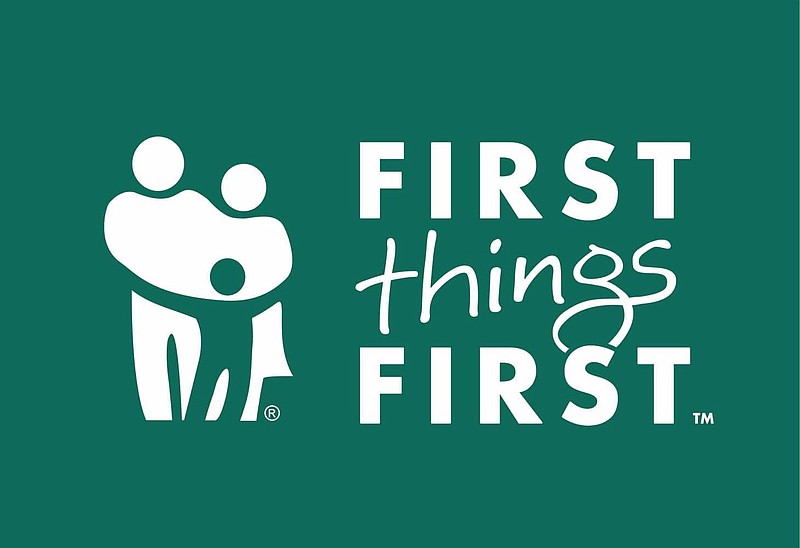Note: Various colleagues are filling in while First Things First President and CEO Lauren Hall is on maternity leave. The following is an excerpt from a column first published at firstthings.org in August 2022.
As you were raising your children, you emphasized the importance of treating each other with respect, making wise choices and doing the right thing. So why do your adult children continually make poor decisions?
Seriously, let's be honest. As a parent, it's sometimes hard not to experience anger, perhaps some guilt, and even resentment toward your grown children. Why? Because you watch them repeatedly treat you or others disrespectfully or make poor decisions with their money or career.
You may even question where you went wrong as a parent: "How could this child have grown up in our home?" While you might be initially tempted to swoop in and rescue, take a deep breath and keep reading.
Here are some ways you can still be a guide for your grown child and give yourself peace of mind -- even if they're making poor decisions.
› Communicate constructively. If you have a voice at all in your child's life, now would be a good time to ask to have a conversation with them. As the parent of an adult child, how you approach this conversation can make the difference in whether or not you'll be afforded the opportunity to continue to speak into their life. Before you have this conversation, process your own emotions in order to be as calm as possible while you're talking with them. Also, think about what really needs to be said.
This should not be a lecture or interrogation. Ask them about what they're trying to accomplish. Express your concern for what you see them doing or how you see them behaving. You might be able to offer wisdom, suggest other people for them to talk with or resources to assist them in getting back on track. Avoid fixing it for them.
› Set boundaries. Regardless of whether you're able to have a conversation with your child, if you've not already set very clear boundaries for them, now is the time. Sometimes parents feel like they're being unloving when they do this. In reality, the exact opposite is true. This is one of the most loving things you can do to help them move forward in a healthy way. Consider boundaries such as:
— You'll not tolerate being treated disrespectfully, so if they can't be respectful, they can't be in your home.
— If they're dealing with addictive behavior, you're willing to help them get the help they need, but you won't support their habit.
— It will not be possible to give them money to bail them out of financial mistakes.
› Moving back home is not an option. Or if moving back home could be an option, it won't happen without a contract in place.
› Avoid enabling. No matter how old your child is, your role as a parent never stops, but it does change. When they're adults, you're more the coach or adviser on the sidelines, not their manager. Watching your children make poor decisions and not swoop in to fix everything is incredibly painful. Don't confuse enabling with loving your adult child.
› Don't let their behavior put a damper on your love for them. Sometimes it's hard not to take your adult child's behavior personally as though they are doing it just to get back at you. While that is possible, it isn't necessarily true. They still need to know they can do nothing to make you love them more or love them less. Your love for them isn't conditional.
› Live your life. When people ask you how you are, in your heart, you feel like you are only doing as well as your children. At some point, we have to separate our adult child's behavior from ourselves and choose not to let them rob us of all our life's joy. I'm not saying we don't grieve. What I am saying is we don't allow it to consume us.
Being the parent of adult children who make poor decisions or behave badly is not for the faint of heart. It takes courage and tenacity to do what you know is in their and your best interest. Stand strong. Love powerfully.
For more information on family advocacy nonprofit First Things First, visit firstthings.org.
